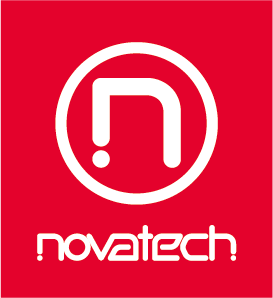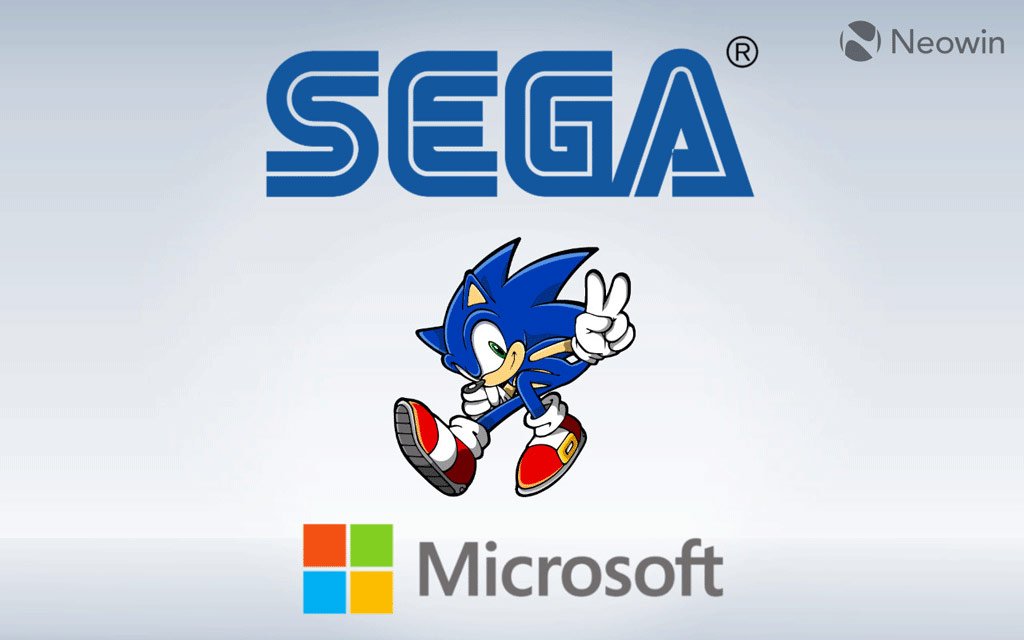Big Budget Gaming Partnerships & What They've Achieved
From the 90s halcyon days of Nintendo vs Sega onwards, gaming has always been a highly competitive industry. Indeed, there was an almost tribal affiliation to the aforementioned Japanese games developers throughout the first half of the decade in playgrounds across the world.
When that rivalry became pretty one-sided after Sega's failed Saturn and Dreamcast consoles, a new rivalry stepped right up to take its place - Sony vs Microsoft (or PlayStation vs Xbox). While this great rivalry didn't quite live up to the hype of its forebear, it is one that continues today, with Nintendo sitting comfortably on the sidelines as the "legacy" brand.
But what of Sega? The Sega of 2021 might seem like a shadow of its former self to many western audiences but it remains a powerhouse in the arcades, which are still big business in the land of the rising sun. Microsoft obviously agrees as it was recently announced the two titans have formed a "strategic alliance".
Want a Gaming PC that can handle anything you throw at it?
Check out our Reign Gaming Range
Microsoft and Sega sitting in a tree
Announced in a press release last month, the partnership between Microsoft and Sega was dubbed a "Super Game" initiative by the two parties. The idea is for Sega to produce games on Microsoft's Azure cloud platform with an online community focus. What that means in practice isn't 100% clear but if we were to hazard a guess it would mean mobile-centric casual games, not big-budget productions.
Of course, it could also mean that Sega is simply going all-in with Microsoft's Game Pass cloud gaming service. Given that many of the developer's most acclaimed recent games (including the Yakuza series) are already available via the service, this would make sense. It's also worth noting that the two companies had already been dancing around each other for many years, going all the way back to the original Xbox, which saw a handful of notable Sega exclusives.
Does Sega and Microsoft's new partnership signal a sea change in the world of gaming - one that will see partnerships supplant rivalries as the driving force of the gaming industry? To put this theory to the test, we'll be looking at a few of the most high profile gaming partnerships of the century so far, what they've achieved, what precedents they've set, and what their collaborations could mean for the future of the industry.
The future is collaborative
While competition does often breed creativity and innovation, we'd argue it's collaboration that bears the sweetest fruits. These partnerships go at least some way towards proving that theory.
Sony & Microsoft
Yes, a full year before they partnered with Sega, Microsoft were already sleeping with the enemy. Don't expect to see any Sony Studios exclusives popping up on Xbox any time soon (though they have been slowly making their way to PC) but what this partnership does involve is something so much more intriguing than exclusive games.
There are three aspects to this partnership. The first is based around streaming solutions in Azure, much like the Sega partnerships, and the second involves Sony using Azure data centres for its own streaming services, such as the Game Pass competitor PlayStation Now. It's the third aspect that's the most intriguing though, as it involves a combination of Sony's semiconductor experience and Microsoft's AI expertise.
It might not have led to anything exciting yet (an AI-powered camera in the latest Sony phones is about it so far) but the potential for future developments in hardware is obvious. For most gamers, however, the partnership is seen as one that will further accelerate the popularity and adoption of games being streamed from the cloud. We're already tantalisingly close to this reality and when it does finally come to pass, the console rivalries of old could become completely irrelevant.
Activision Blizzard & Google
When Activision merged with Blizzard in 2008, it could be argued that that in itself was something of a successful gaming partnership. But we're not covering mergers and acquisitions here. What we find infinitely more interesting is the partnership the gaming company struck with Google.
This saw Google allowing Activision Blizzard access to its Google Cloud servers, which have been used to further build the company's e-sports portfolio. For many, this move signalled a sea of change in the popularity of e-sports, which until that point had been seen largely as a fringe concern. While they are consistently popular in South Korea, in the rest of the world e-sports have generally been confined to Twitch streams.
While Twitch is a major platform, it's only really popular with gamers. With Activision Blizzard being gifted access to Google Cloud and, by extension, YouTube, there's an opportunity to truly broaden the reach of something that is still seen by many as pretty niche.
Take-Two & Science
Known as the publisher of everything from Bioshock and Borderlands to Grand Theft Auto, Take-Two is one of the true behemoths of the modern gaming world. During the development of Borderlands 3, the developers at Gearbox Software partnered with scientific researchers at McGill University to create a unique Borderlands Science mini-game that could be played to earn in-game rewards in the full Borderlands 3 experience.
The game was a simple one where players were asked to match DNA sequences. But behind the simplistic gameplay, something rather special was happening - the scientists at McGill were using the actions of gamers to find similarities in the DNA of different molecules. The success of the mini-game (which was played by over 700,000 people) meant that researchers were able to use the collected data to fine-tune their DNA algorithms.
Collecting this amount of data would not have been possible otherwise and the success of the initiative could catalyse more collaborations between the gaming and scientific communities. This reveals a pretty exciting potential future scenario where science and the gaming community work together for the betterment of mankind. Or, at the very least, it shows to the outside world that gaming could have something of tangible value to offer the world.
It takes two (or more)
From Mario vs Sonic to console gamers vs the "PC master race," the world of gaming has long been driven by rivalries. But the partnerships above and the nascent partnership between Sega and Microsoft prove that real progress can be made a lot faster and more ground can be gained if the biggest names in gaming decide to play nice with others.
Contact Novatech today to find out more about how our machines have powered some of the biggest and best game developers of the last two decades.




